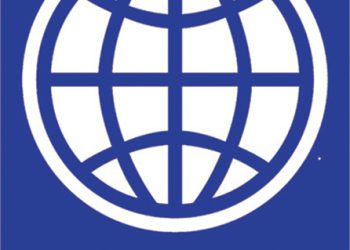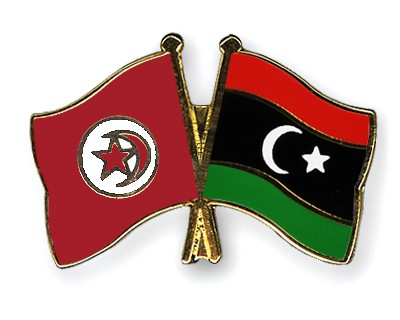The American Chamber of Commerce in Libya (AmCham Libya) hosted a U.S. – Libya Executive Business Roundtable at the U.S. Chamber offices in Washington DC last Thursday (3 April), Debbie Hirst, AmCham Libya President confirmed to Libya Herald.
Hirst said ‘‘We were honoured with several special guests including the U.S. Special Envoy to Libya, Ambassador Richard Norland, as well as other representatives from the State Department and Commerce Department’’.
The Healthcare Panel
The Healthcare Panel included Dr. Sirajeddin Ben Amer, General Manager of the Oil Clinic; Angelo Barberic, Regional Manager of AirSep; Sarah Macchiarola, Senior Director of International Affairs of Boston Scientific; Rashad Massoud, Head, Global Health USA of IQVIA; and Bahi Feghia, CEO of NAPMICO.
The Doing Business in Libya Panel
The Doing Business in Libya Panel included Husni Bey, Chairman of HB Group; Naaman El Bouri, Chairman of Tadawul Tech; Mohamed Raied, Chairman of Al Naseem Food Industries and President of the Libyan Union of Chambers of Commerce and Mohammed Alaneezi, GM of BTC.
Hirst said ‘‘It was an excellent opportunity to introduce the U.S. Chamber members to important Libyan stakeholders and we were proud to host our Libyan guests at the U.S. Chamber Headquarters’’.
The roundtable of officials and businessmen discussed ways to enhance the trade and investment partnership between the two countries.
The roundtable came on the sidelines of the annual conference of the National Council on U.S.-Libya Relations, where discussions focused on strengthening cooperation in the Libyan health sector and sharing experiences and knowledge in the field of healthcare.
The participants sought to explore investment opportunities available in Libya and identify mechanisms for joint cooperation to develop the health sector, which contributes to improving the quality of health care provided to Libyan citizens.
The event follows the decision by U.S. President Donald Trump’s administration to impose 31 percent tariffs on Libyan goods, as part of a policy aimed at what Washington calls rebalancing inequity in trade relations.









